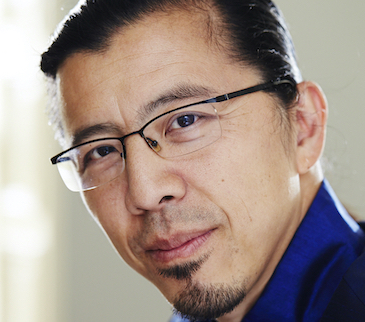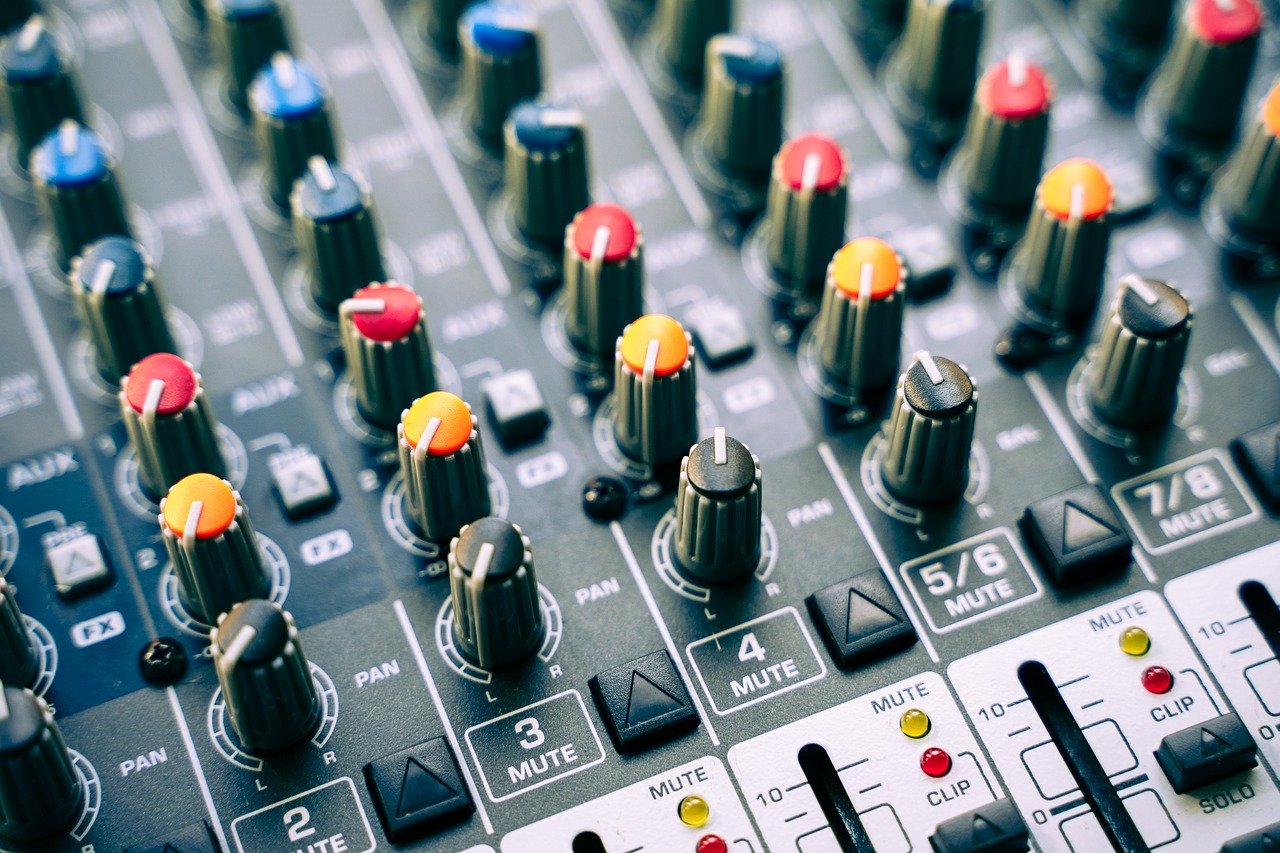When recording for a competition, the sound quality is more important than many musicians realize. Capturing high-quality sound not only ensures the best-produced version of an excerpt or piece, but also alleviates any conscious or unconscious bias from the listener. Our brains have the ability to bias without even knowing cognitively that a sound is bothering us. So when creating competition recordings, ensure that in addition to the best performance, you are also creating the best possible recording.
A lot of students use the recording services from their school. The concert hall has a couple of mics hanging from the ceiling in the concert hall. Somebody pushes the record button, they don’t necessarily check any microphone levels, and the student performs. The equipment is high quality, but that alone does not ensure a professional recording. You can’t just go to the console and push a button and have a great recording an hour later. I have some simple tips for improving the quality of a recording here. When you record, you’re also not done after you push the stop button: the audio needs a lot of processing to become a good recording.
The difference between a professional engineer, someone that you pay to come in and record, as opposed to having a turn key setup that someone turns on and walks away from, is the experience and knowledge the engineer has in operating the recording tools. While recording they can adjust microphones properly, and then, when they get home, they make sure the audio is processed in the best quality way. Often competitions have rules about manipulating the sound of a recording. However, there are very simple post-production processes that you can employ that don’t manipulate the performance that nevertheless enhance the audio quality, such as equalization, small level adjustments, and potentially, even adding some reverberation. None of those processes risk the competition’s integrity by modifying the performance itself.
Mixing becomes especially important for ensemble pieces or pieces with accompaniment. If there are multiple musicians and the recording is not mixed correctly, the balance between the instruments won’t be right, and judges will definitely notice that.
When you’re considering applying for a scholarship, a competition, maybe even for application to a school, you’re investing in your future. Having audio professionally recorded for that purpose should only cost a few hundred dollars. I know some engineers that would do a couple hour session for $100. So if learning the technology feels overwhelming, or the project is especially important, paying an audio engineer who already has the appropriate technology and experience is a good option.

Michael Primeau
Michael Primeau obtained his Bachelor of Science in Audio Engineering Technology from Lawrence Technological University in Southfield, MI. He began his career as a forensic expert at Primeau Forensics, LTD. in 2009. While Michael has actively worked in the audio and video forensic industry for 8 years, he grew up around it through his father, Edward Primeau. Edward Primeau founded what is now known as Primeau Forensics, LTD. in 1984, 7 years before Michael’s birth. You could almost say that he was born to be a forensic expert.
Michael is currently a member of LEVA (Law Enforcement and Emergency Services Video Association), AES, and IAI. He has completed training through LEVA in Video Forensic Analysis and Photographic Video Comparison. He has also completed training with the University of Colorado Denver Center for Media Forensics in Forensic Audio Authentication and Audio Enhancement and Forensic Image Authentication. He has also certified as a Forensic Video Technician through LEVA. He has worked on investigations ranging from cases in the United States to those in Sweden and Canada. Along with actively working on cases, Michael has consulted with the media on several cases including appearing on The Travel Channel’s popular TV Series Expedition Unknown.
Michael has recorded many classical musicians in Michigan including Sharon Sparrow, Alyssa Primeau, Rudolf Ozolins and many others.



Comments are closed.